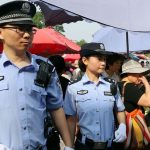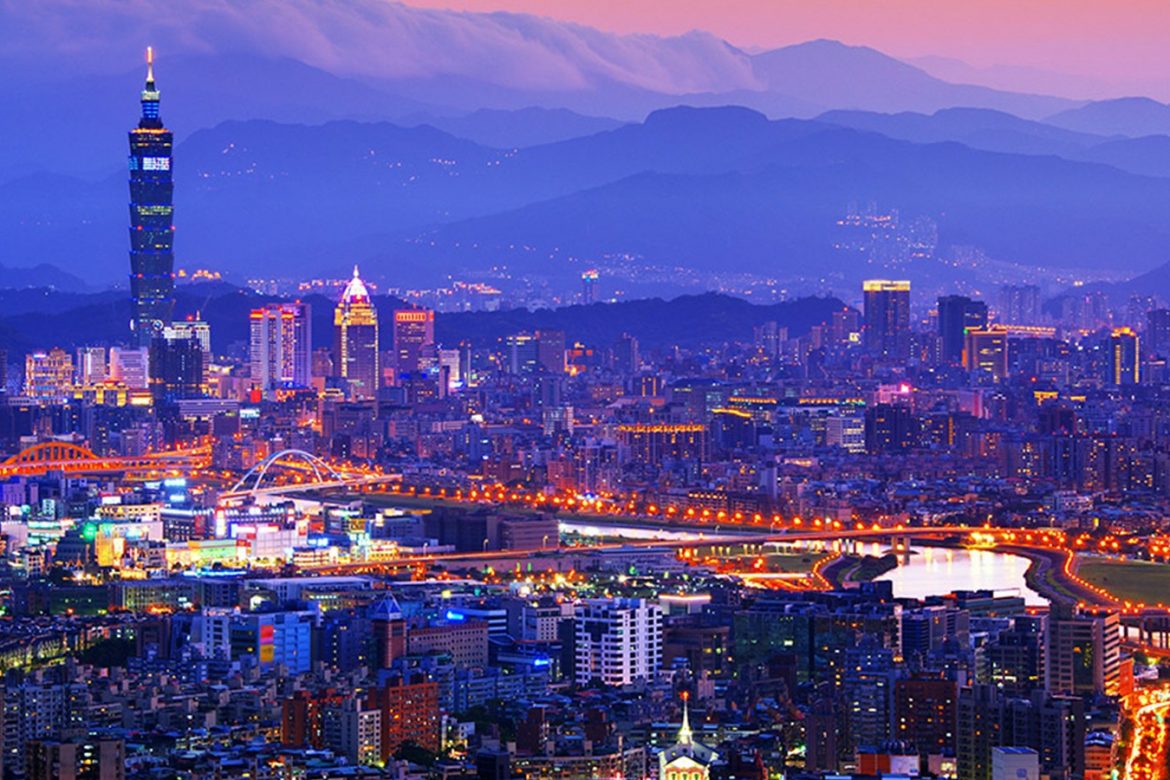In November this year, the Asia-Pacific group against money laundering (APG) will conduct the third round of mutual assessments of Taiwan: the country joined the organization in 1997. However, the country fears that China may try to distort the results of Taiwan’s activities in this area in order to damage the rating of Taiwan.
As Taiwan prepares for the third round of mutual assessments, there is concern that China, an influential member of the APG, along with Hong Kong, Macao and other allies, may try to apply political pressure to distort the results or completely sabotage the assessment, taiwannews reports.

Let us recall that the FATF-type regional groups (FATF) conduct mutual assessments, in which the national AML/CFT systems of the participating States are checked for compliance with international standards.
After mutual assessments, countries fall into one of three categories: “passage”, “required basic monitoring” for States that demonstrate minimal evidence of money-laundering operations, and “accelerated monitoring” for States that are at high risk of money-laundering.
The Liberty Times notes that a recent false estimate has shown that Taiwan may be at risk of getting poor estimates in 12 of the areas that will be assessed. To maintain its status as a “low-risk country” for money laundering, Taiwan must reduce the number of areas “at risk” to eight.
In preparation for the third round of assessments, the anti-money laundering (Amla) Office of the Executive Yuan (YIWU) of the Republic of China (Taiwan) announced in may that it would focus on eight areas to investigate possible money laundering in order to provide a positive report in November.
These areas are: drug trafficking, telecommunications fraud, organized crime, corruption, smuggling, offences related to financial securities, money laundering third party and tax evasion.

However, given the current political climate between China and Taiwan, some expressed concern that the APG assessment could be seen as an opportunity for Beijing to discredit and damage Taiwan’s rating. One problem for the country is that one of the two co – chairs of the mutual evaluation programme this year is Macao and the other is Australia.
If Taiwan gets a bad result and is recognized as a country with a high risk of money laundering, it could impose a heavy burden on the public and private sectors, requiring mandatory assessments every six months until the result improves.
If Taiwan is considered to be “non-commercial” state, then this may also cause the financial institutions of Taiwan are blocked from the formation of partnerships abroad, and this can make foreign investors less willing to invest in Taiwan in the long term, according to Liberty Times ,
The headquarters of the APG is located in Sydney, Australia and is an international organization created to maintain international regulatory standards to prevent money laundering, tax evasion and international criminal activities including the financing of terrorist organizations and human trafficking.


